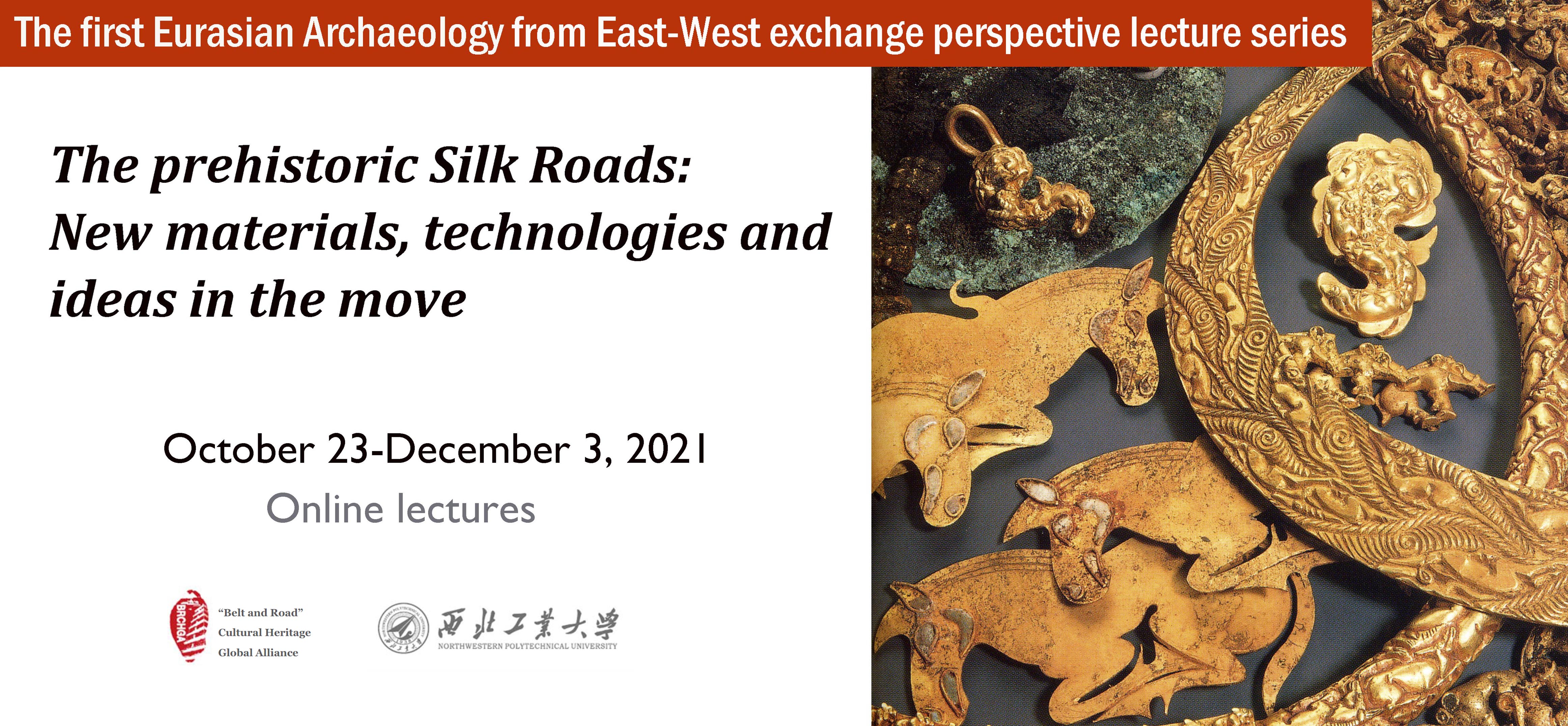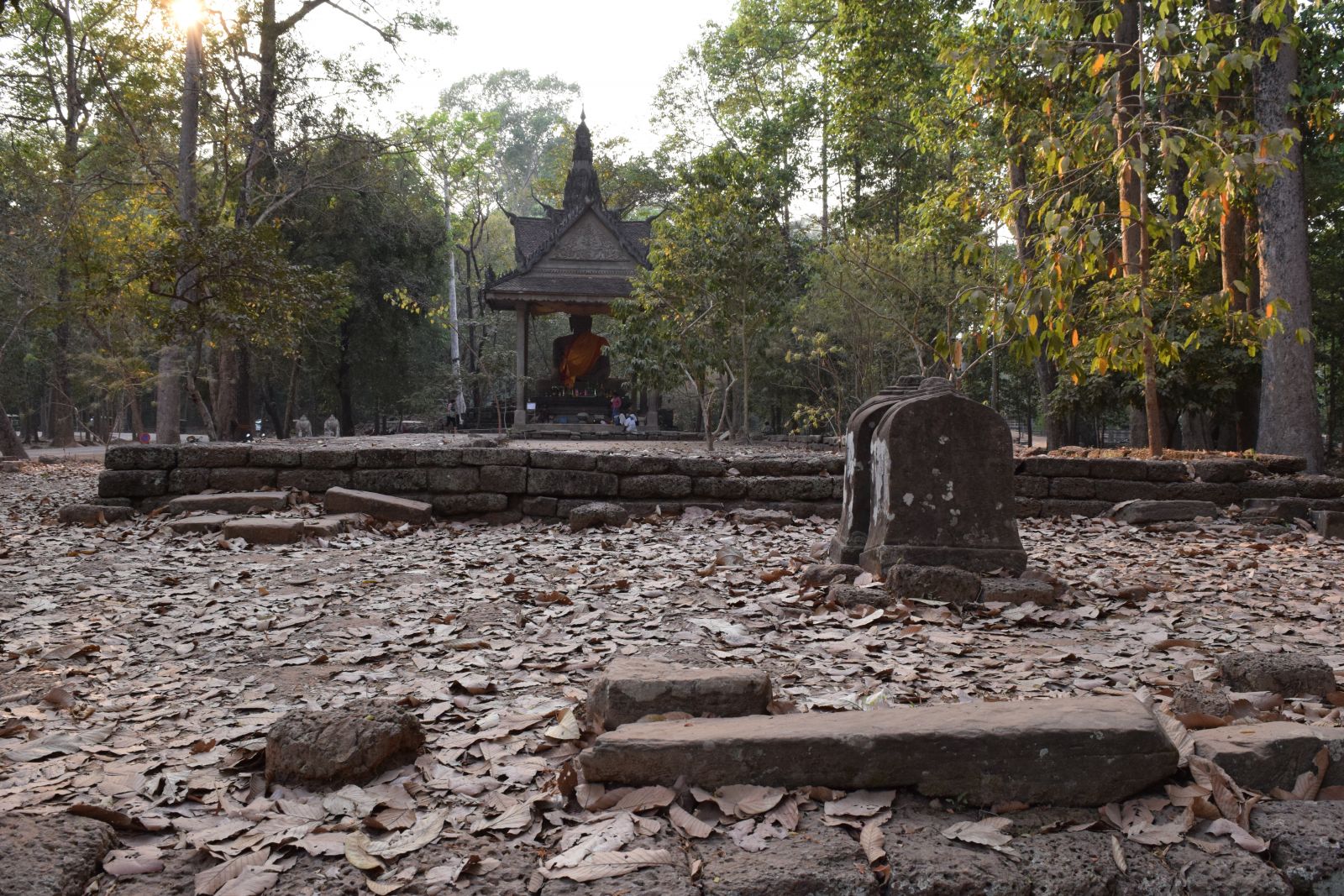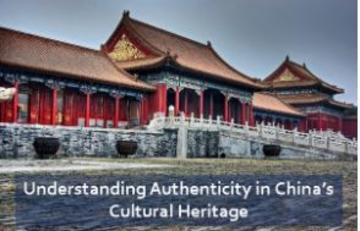The Centre for History and Culture at United International College & Beijing Normal University (Zhuhai), invites applicants to attend an online conference on the theme of the global Bronze Age.
SEAA News Blog: Conferences
As part of the Distinguished Virtual Seminar Series in Archaeological Science, the Cranfield Forensic Institute and Grenville Turner Studios will be hosting Professor Anke Hein (University of Oxford). Professor Hein will speak about her archaeological science research on Chinese ceramics:
Double-Wares in Neolithic Northwest China: Technological 'Abominations' or Artistic Masterpieces
CALL FOR ABSTRACTS
The Indo-Pacific Prehistory Association is inviting paper and poster contributions for the 22nd Congress to be held in Chiang Mai, Thailand from the 7th to 12th of November 2022.
The deadline for submission of abstracts is 15th August 2022.
KEY INFORMATION
The Council on Southeast Asian Studies at Yale University will be hosting a webinar "The Introduction of Theravada Buddhism to Angkor, Cambodia (C. 13th-16th Centuries) - Mapping and Interpreting Religious Change through the Archaeological Record" by Andrew Harris, Research Associate at the University of Toronto's Archaeology Centre on October 13, 2021 12:00 Noon EST.
Register via the following link: https://yale.zoom.us/meeting/register/tJMqc-6vqjorEtcaRh_xO8WoLfkOA8DDA…
DATE OF EVENT: 05/10/2021 − 30/11/2021
Organized by European Association for Asian Art and Archaeology and University of Ljubljana
The EAAA looks forward to welcoming you to the online panels. The talks will begin on Tuesday, 5 October 2021 at 13:00 (CEST) and will take place at the same time each week until the last panel on 30 November 2021.
Understanding Authenticity in China’s Cultural Heritage
Seminar Series jointly organized by Oxford University and SOAS
Wednesday, 13 October, 2021, 14:00 BST
Su Junjie (Yunnan University): A Difficult Integration of Authenticity and Intangible Cultural Heritage? The Case of Yunnan, China
Wednesday, 10 November, 2021, 14:00 GMT
Birgitta Augustin (Museum für Asiatische Kunst, Staatliche Museen zu Berlin): Concept(s) of Authenticity in Painting and Calligraphy of the Yuan Dynasty
Save Ancient Studies Alliance (SASA) and Digital Hammurabi will be hosting a free public virtual conference on August 15 and 16, 2021. The conference is titled “Opening the Ancient World: Religion, History, and Culture” and focuses on the Ancient Mediterranean and Near East.
The Society of East Asian Archaeology Online Student Conference
Registration is open to all and free of charge. You do not need to be a speaker to attend. If you have not yet registered for the conference, please do so NOW via the following link: https://seaa-web.org/conference/upcoming/registration-form
Presentation abstracts for the upcoming SEAA conference are available on the SEAA website via the following link: https://seaa-web.org/conference/upcoming/abstracts
In order to explore the origins and development of pastoralist cultures of the Eurasian Steppes, exchange the newest achievements of the research on pastoralist cultures and societies, and promote the development of the archaeology of pastoralism in the Eurasian steppes, the Research Centre for Chinese Frontier Archaeology of Jilin University, the Research Center for Frontier Archaeology, Institute of Archaeology, Chinese Academy of Social Sciences, and the Inner Mongolia Hulunbuir Ethnographic Museum are co-organizing the International Academic Symposium on "The Origins and Development of



